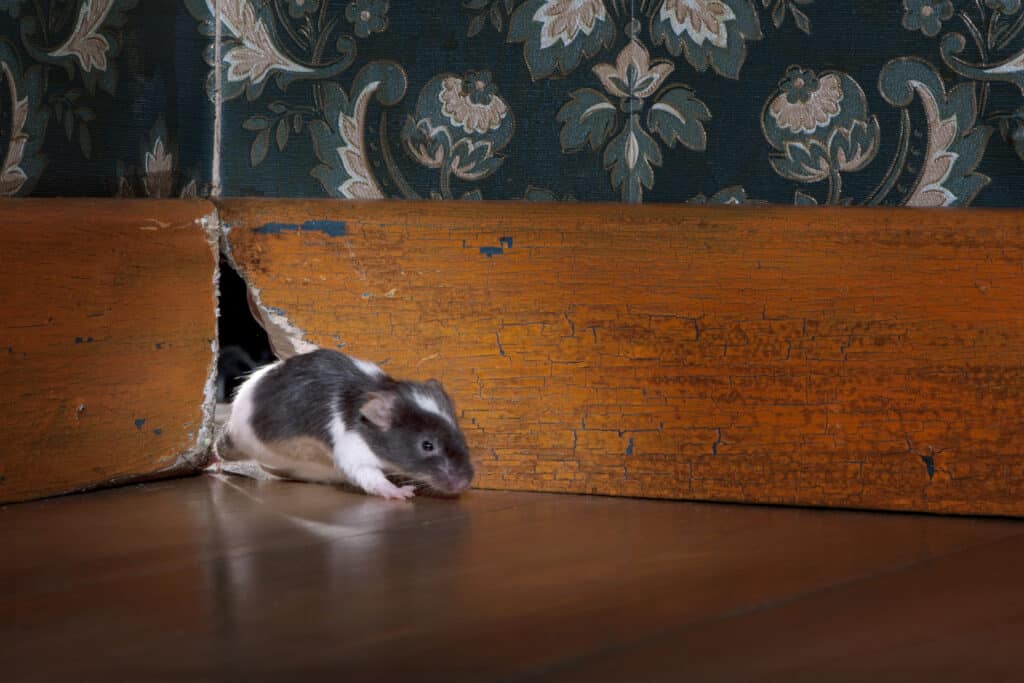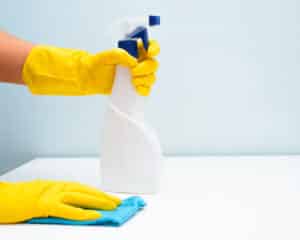
Hantavirus Safety Tips: Protecting Your Home and Family from This Mice-Borne Illness
Rodents in your home are more than just a nuisance—they can carry diseases that most people don’t even realize exist until it’s too late. One of the most serious? Hantavirus Pulmonary Syndrome (HPS).
At Anticimex Carolinas, we’re not just in the pest control business—we’re in the protection business. And when it comes to keeping North and South Carolina families safe, knowing how to prevent exposure to viruses like Hantavirus is part of the job.
Let’s break it down.
The Basics: What Is Hantavirus?
Hantavirus is a group of viruses that are carried by wild rodents. In the U.S., the version of concern causes Hantavirus Pulmonary Syndrome, a respiratory illness that starts off feeling like the flu—but can quickly become life-threatening.
There is no vaccine. No cure. Just smart prevention.
Where It Starts: The Rodents Behind the Risk
In our region, the deer mouse is the most common culprit. But it doesn’t stop there. The virus has also been detected in:
- White-footed mice
- Cotton rats
- Even chipmunks
While house mice and Norway rats are more common in urban areas, they’re not off the hook. They may not be the primary carriers of Hantavirus, but they can still trigger other health issues—and they often bring their parasitic friends with them.
How People Get Exposed (It’s Not What You Think)
You don’t have to be bitten to get sick. In fact, most people who get Hantavirus never see the rodent that infected them.
Here’s how exposure usually happens:
- You find mouse droppings in the garage or attic.
- You grab a broom or vacuum.
- Tiny particles become airborne.
- You breathe them in.
That’s all it takes. One deep breath in the wrong moment.
Early Symptoms to Watch
Hantavirus doesn’t hit right away. It can take 1 to 8 weeks for symptoms to appear. When they do, they often feel like something else entirely:
- Fatigue
- Fever
- Muscle aches
- Headaches and nausea
By the time chest pain and shortness of breath set in, the virus is already attacking the lungs. This is when it becomes dangerous—and sometimes fatal.
Safe Cleanup: Skip the Broom, Grab the Disinfectant

If you find rodent droppings, nests, or evidence of urine—do not sweep or vacuum. That’s the biggest mistake homeowners make.
Here’s what we recommend instead:
- Ventilate the area for at least 30 minutes.
- Wear gloves (and a mask if it’s a large mess).
- Spray everything with disinfectant. Let it sit 5 minutes.
- Wipe it up with disposable paper towels.
- Disinfect again with a mop or sponge.
- Toss everything in a sealed bag, then wash your hands thoroughly.
And if you stumble upon a rodent nest? Don’t mess with it. Call us. Nests are often full of fleas, mites, and other pests that come with their own set of problems.
Better Than Cleanup: Rodent Prevention with SMART Protection
At Anticimex Carolinas, we believe in staying ahead of the problem. That’s why we offer SMART technology to detect rodent activity 24/7, without relying on chance encounters or old-school traps.
Here’s how we help prevent rodents—and Hantavirus—from entering your home:
- Seal up entry points as small as ¼ inch
- Install digital monitoring traps for real-time alerts
- Use eco-friendly exclusion methods—no harsh chemicals needed
- Monitor and update your plan throughout the year
This isn’t a one-time fix. It’s an ongoing shield for your home.
Serving North & South Carolina with Smarter Pest Control
Whether you’re in Charlotte, Charleston, Raleigh, Greenville, or anywhere in between—rodents are a year-round reality. But exposure to something like Hantavirus shouldn’t be.
Anticimex Carolinas is here to help you live healthier, safer, and rodent-free—with less worry and more control.
Ready to protect your home with SMART prevention?
Let’s talk today!
